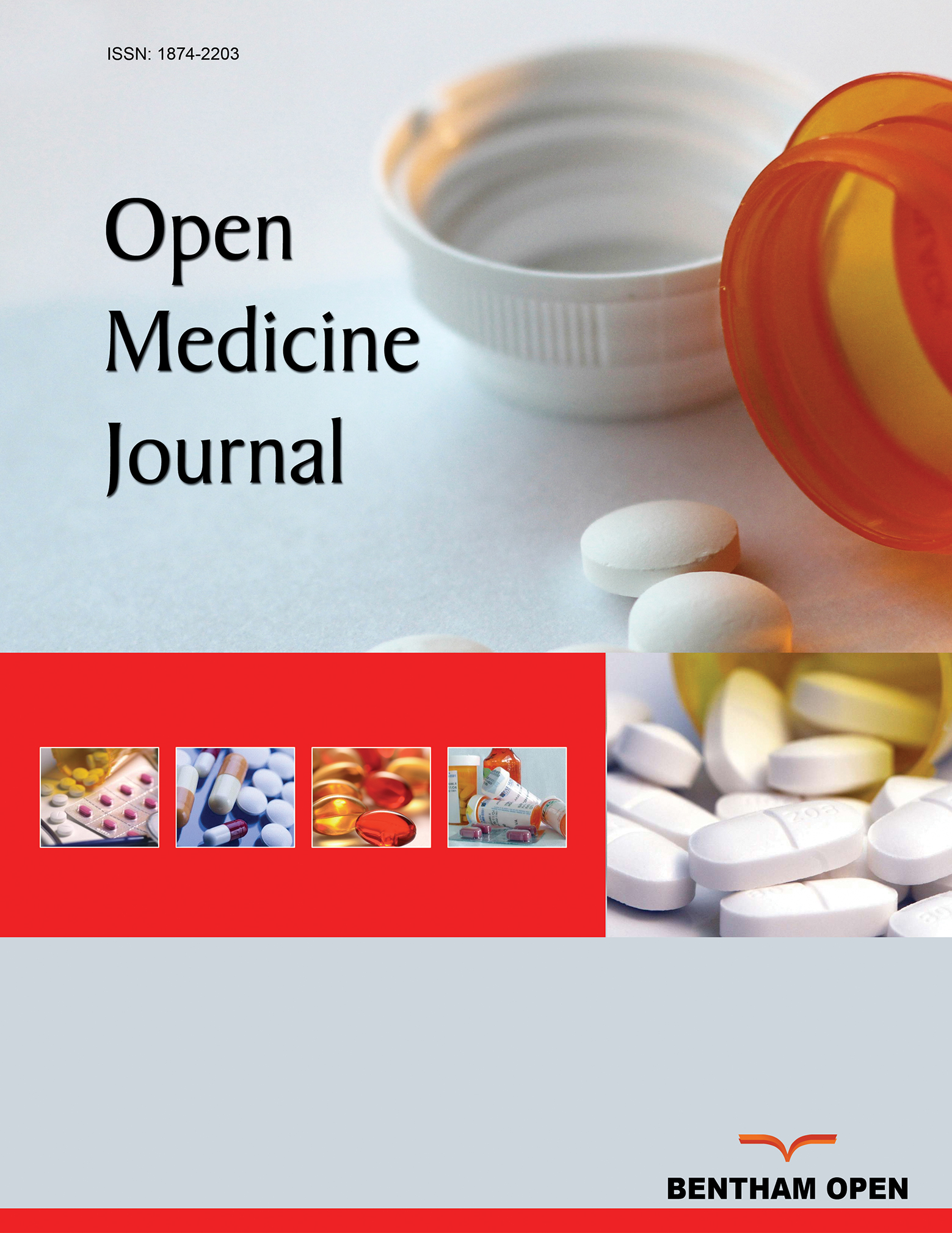All published articles of this journal are available on ScienceDirect.
Effect of Micro Health Insurance on Access and Utilization of Health Services in Karnataka
Abstract
Background:
Lack of sustainable and affordable health financing mechanisms in India has exposed the poor ininformal sector to iatrogenic poverty. Hardship financing of health services has negative financial consequences on thefuture income of these households. This can be mitigated through micro health insurance (MHI) because it aims to removefinancial barriers to access and utilize health services.
Objectives:
Recognizing the dearth of studies on impact of MHI schemes in India, we carried out an in-depth study onSampoorna Suraksha Programme (SSP) in Karnataka to assess the effect on access and utilization of healthcare services.
Methods:
We designed a descriptive cross sectional household survey that collected data from 1146 households toevaluate the impact using logistic regression analysis.
Results:
Insured individuals were more likely to access and utilize inpatient services compared to uninsured individuals.Moral hazard measured as length of stay in the hospital was absent. Horizontal equity in utilization based on gender andincome was observed. Insured used private providers than public hospitals or self-medicine. The results of the studysupport the positive impact of MHI on access and utilization of health services.
Conclusion:
The findings of the study enhance our understanding of the positive role of MHI in the promotion of betterhealth behavior of the poor people who usually forego treatment during illness. This would reinforce policymakers toadvocate MHI to mitigate iatrogenic poverty in India, the land of villages.


